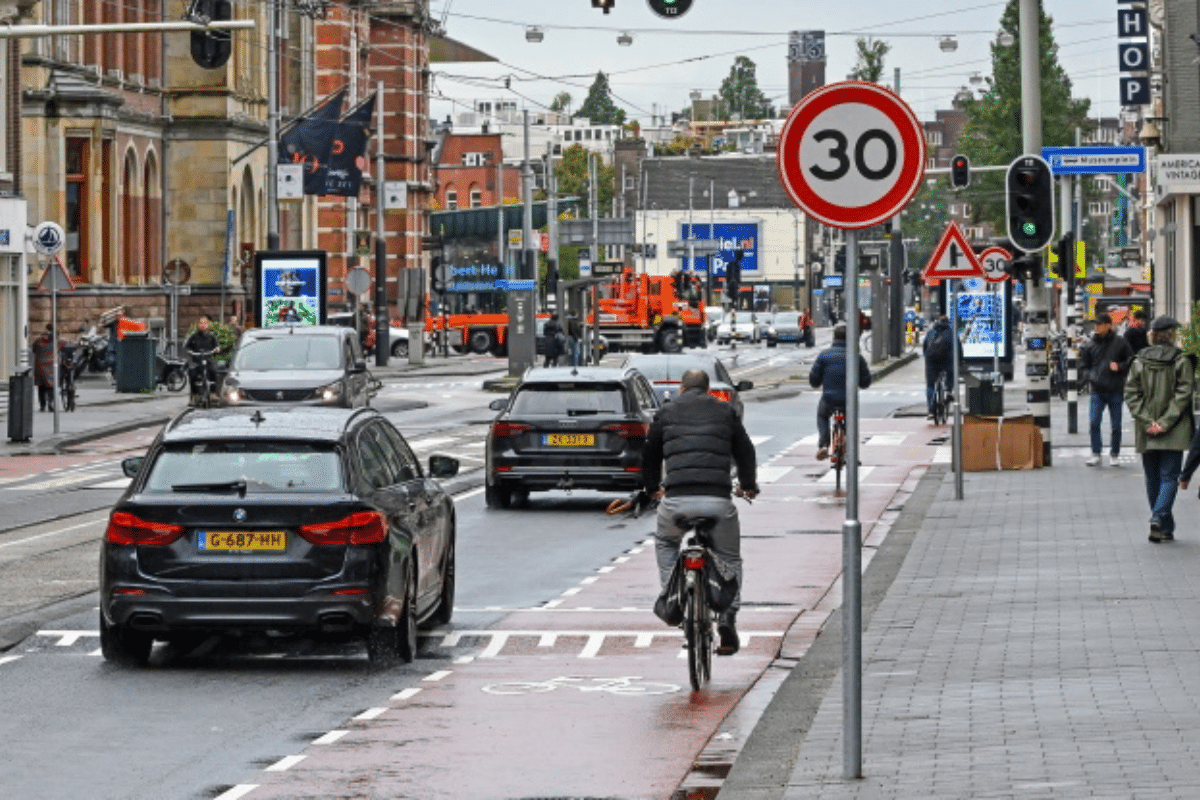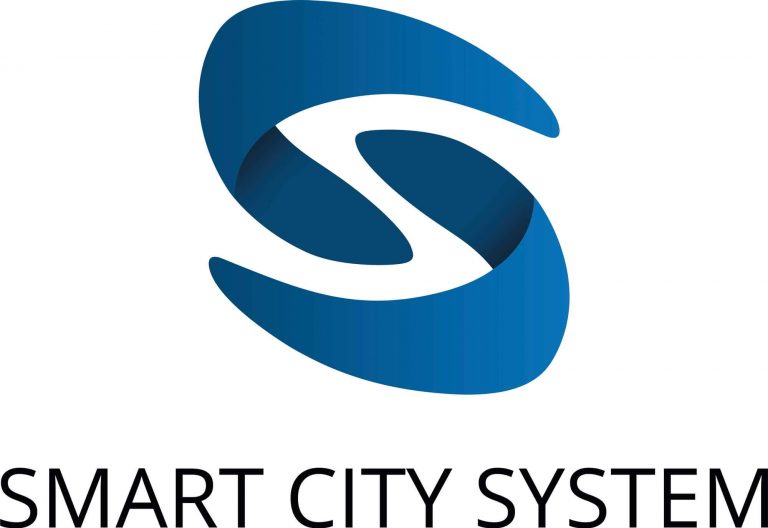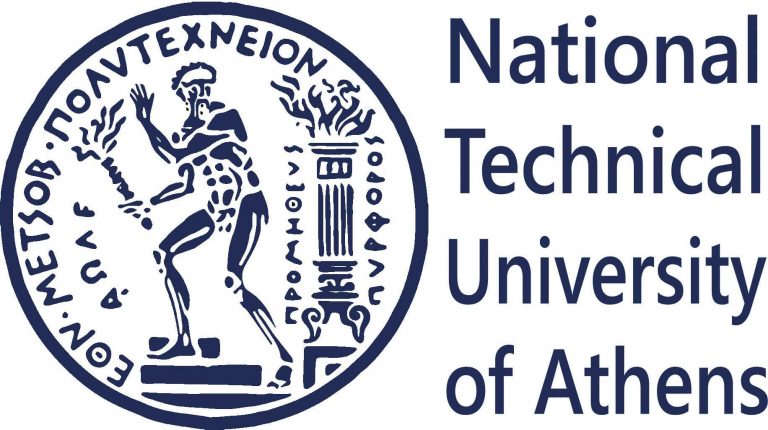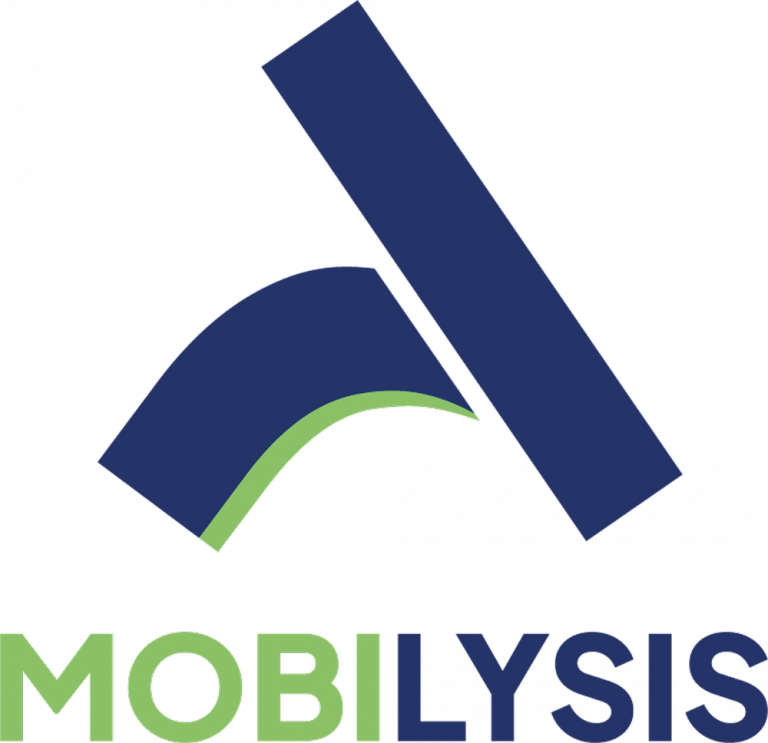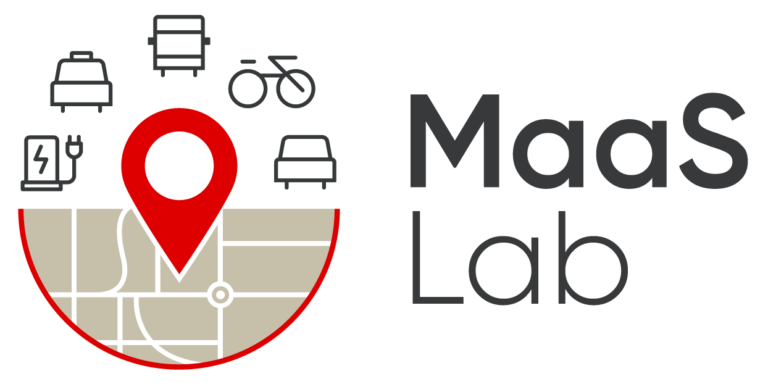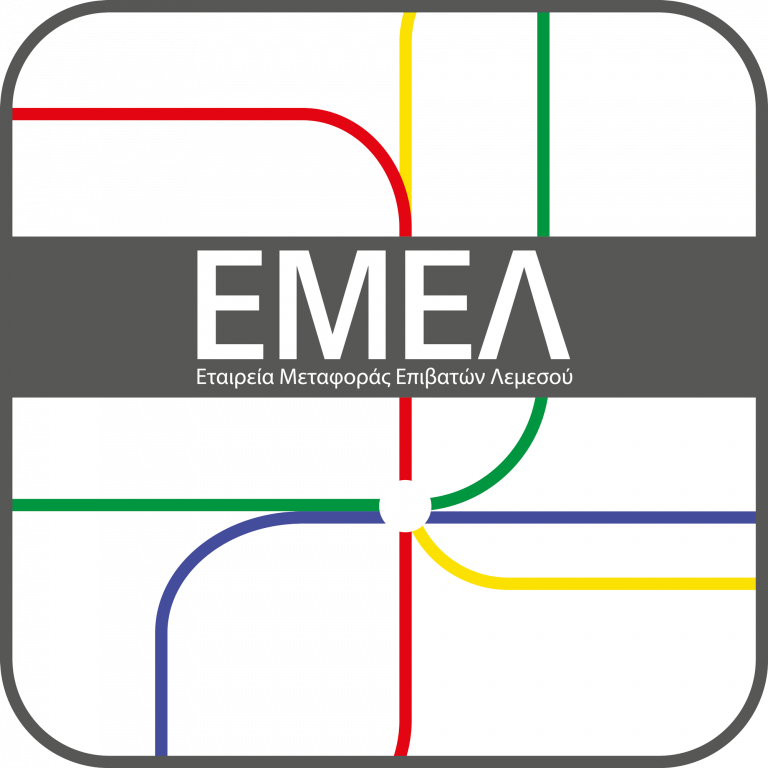Imagine a city where traffic lights adjust dynamically to ease congestion, where real-time data optimises public transport routes, and where AI-driven systems proactively enhance road safety. This is not a futuristic vision; it’s the present reality of smart cities powered by Artificial Intelligence (AI) and advanced infrastructure.
How AI and Smart Infrastructure Are Transforming Our Cities: A Personal Perspective from NTUA
As someone deeply engaged in transport research at the National Technical University of Athens (NTUA), I have witnessed firsthand how Artificial Intelligence (AI) and smart infrastructure are reshaping the way we navigate our cities. The NTUA team and I are passionate about integrating intelligent transport systems into urban environments, a mission that aligns closely with the objectives of the metaCCAZE project. As researchers at the National Technical University of Athens (NTUA), we are actively working to make these innovations a daily reality, ensuring that AI-powered mobility solutions are not just smart but also safe, sustainable, and human-centred. Through our work in the metaCCAZE project, we are contributing our expertise in transportation engineering to enhance urban mobility and road safety, paving the way for a more connected and efficient future.
AI and Smart Infrastructure in Urban Mobility: A Researcher’s Perspective
Working on real-world mobility challenges has shown me how AI-driven solutions can transform urban environments. Smart traffic control systems, for example, are no longer a futuristic concept but a present reality. These AI-driven systems optimise traffic flow, reduce congestion, and cut down emissions. My team at NTUA has spent years studying data-driven traffic modelling, and seeing our research contribute to tangible improvements in urban transportation is incredibly rewarding.
Beyond traffic management, I’m particularly excited about the evolution of mobility-as-a-service (MaaS) platforms. These platforms seamlessly connect different transportation modes, making it easier for people to travel in a more efficient and environmentally friendly manner. We at NTUA are actively researching how AI can enhance these services to ensure that urban mobility is not just smarter but also more inclusive and human-centred.
NTUA’s Unique Contribution to metaCCAZE
One of the most fulfilling aspects of our work in metaCCAZE is the opportunity to apply NTUA’s long-standing expertise in road safety to cutting-edge AI developments. Unlike institutions focused solely on AI technology, we bring a transportation engineering perspective—blending road safety research with AI to create mobility solutions that are both intelligent and people-friendly.
A significant part of our contribution is evaluating AI-driven safety solutions. I’ve worked on numerous studies analysing large-scale crash data, and one of the things I find most promising is the use of AI to proactively prevent incidents. By leveraging connected vehicle data and digital twins—technology that simulates real-world scenarios—we can develop road safety strategies that save lives. It’s inspiring to think about how these advancements could prevent crashes before they even happen.
The Role of 30 km/h Speed Limits in Smarter, Safer Cities
A crucial aspect of urban mobility transformation is the widespread adoption of 30 km/h speed limits in cities in Europe and worldwide. Research has shown that reducing speed limits in urban areas saves lives as none other road safety measure before (an average of 37% less fatalities on cities adopted the 30km/h), and creates a more pedestrian- and cyclist-friendly environment. At NTUA, we advocate for the integration of AI-driven monitoring systems to enforce and optimise these speed limits, ensuring that lower speeds contribute to a more liveable and sustainable urban space.
By incorporating smart infrastructure, such as AI-assisted speed monitoring and adaptive road signage, cities can ensure compliance with the 30 km/h limit while also dynamically adjusting restrictions based on real-time traffic conditions. These measures not only improve safety but also contribute to reducing noise pollution and improving air quality, aligning with the broader goals of sustainable urban development.
Making Cities More Sustainable and Inclusive
For me, AI and smart infrastructure aren’t just about efficiency—they’re about building a better future. A key focus of our research is sustainability, and NTUA is at the forefront of integrating energy-efficient transportation solutions into urban planning. I find great satisfaction in knowing that our work on smart intersections, AI-assisted pedestrian crossings, and adaptive public transport is contributing to a greener and more accessible cityscape.
Another area close to my heart is ensuring that smart city developments benefit everyone, not just tech-savvy commuters. Through our collaboration with metaCCAZE, we are dedicated to making AI-driven mobility solutions inclusive, particularly for vulnerable road users such as pedestrians, cyclists, and people with disabilities. Implementing lower speed limits in urban areas plays a key role in this, fostering a safer, more welcoming environment for all.
Looking Forward: A Personal Commitment
The journey towards AI-integrated, intelligent cities is an ongoing adventure, and I’m thrilled to be part of it. At NTUA, we are committed to advancing AI-powered road safety initiatives, optimising urban mobility, and ensuring that smart infrastructure always prioritises people first. Research can sometimes feel like an abstract endeavour but knowing that our work is shaping the cities of tomorrow keeps me motivated every day.
As we move forward, I look forward to collaborating with my colleagues, sharing our research, and continuing to push the boundaries of what’s possible. The future of smart cities is not just about technology—it’s about people, and I’m proud to play a role in this transformation.

About the Author
Evi Koliou is a Civil Engineer and Research Associate at NTUA, specialising in transportation engineering, intelligent mobility, and road safety. She holds a Civil Engineering Diploma from NTUA and a Doctor of Philosophy from Imperial College London, focusing on AI-driven traffic incident detection. With extensive experience in both academic and industry-led research, she actively contributes to the metaCCAZE project, helping develop AI-powered urban transport solutions that enhance safety and sustainability.
Author: Evi Koliou (National Technical University of Athens)
